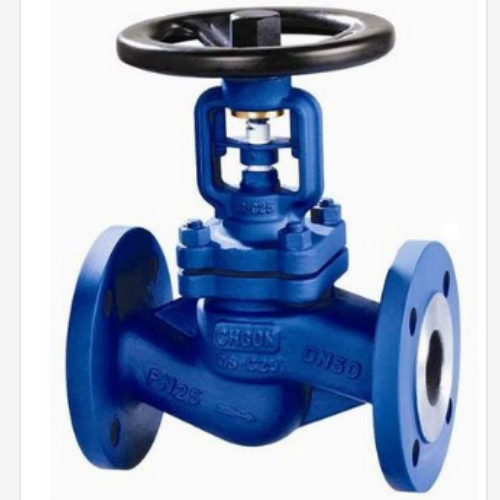Durable Cast Iron Ball Valve for Reliable Flow Control Solutions
The Benefits and Applications of Cast Iron Ball Valves
In the world of industrial valves, cast iron ball valves have emerged as vital components for controlling the flow of various fluids and gases. Made from durable cast iron, these valves are designed to withstand high pressure and temperature conditions, making them a popular choice in numerous applications across different sectors.
Composition and Design
Cast iron is known for its excellent casting properties, strength, and ability to resist corrosion. The production process usually involves pouring molten iron into molds to create the valve body, which is then machined to its final shape. Ball valves consist of a spherical disc (the ball) that rotates to open or close the flow path. The simplicity of this design enables quick and precise control over the flow, making these valves ideal for a wide range of applications.
Advantages of Cast Iron Ball Valves
1. Durability Cast iron ball valves are robust and can endure harsh operating conditions. Their resistance to corrosion and wear makes them suitable for handling liquids, slurries, and gases in various environments.
2. Low Flow Resistance The design of a ball valve allows for a compact passageway when the valve is open, resulting in minimal resistance to flow. This feature is crucial in applications where maintaining pressure and flow rates is necessary.
3. Leak-Proof Seal The ball within the valve creates a tight seal against the valve seat, preventing leakage. This attribute is especially important in industries like oil and gas, where leaks can be both costly and hazardous.
4. Ease of Use Cast iron ball valves are straightforward to operate. They can be manually operated or automated, allowing for smooth transitions between open and closed states. Moreover, the quarter-turn operation minimizes wear on the valve components.
cast iron ball valved

5. Versatility These valves can be utilized in a variety of applications, including water and wastewater treatment, chemical processing, heating systems, and more. Their ability to handle both high and low pressures makes them suitable for a wide spectrum of industries.
Applications
Cast iron ball valves find their applications across numerous sectors
- Water Supply In municipal water systems, cast iron ball valves regulate water supply and distribution effectively due to their reliability and durability.
- Chemical Industry These valves can manage the flow of corrosive chemicals and acidic solutions, ensuring safe and efficient operation.
- Heating Systems In central heating systems, cast iron ball valves control the flow of hot water or steam, providing efficient temperature regulation.
- Oil and Gas The oil and gas sector relies heavily on cast iron ball valves for their ability to handle high pressure while providing leak-proof performance.
Conclusion
In summary, cast iron ball valves offer an excellent combination of strength, durability, and efficiency, making them indispensable in many industrial applications. Their unique design features contribute to their effectiveness in controlling fluid and gas flow, ensuring safety and performance across a range of challenging environments. As industries continue to evolve and place greater demands on their equipment, the importance of reliable components like cast iron ball valves will only continue to grow. Whether in heating, chemical processing, or water management, these valves play a critical role in facilitating smooth and efficient operations with minimal risk.
-
Breakthrough in Domestic Low Temperature Valve Technology in ChinaNewsAug.18,2025
-
From Machinery to Intelligent Brain: The Digital Transformation Wave of the Valve IndustryNewsAug.18,2025
-
PCVEXPO 2025NewsAug.18,2025
-
The Key to Fluid Control: Exploring the Advantages of Ball Valves in Industrial SystemsNewsJul.09,2025
-
The Versatile World of 1, 2, and 3 Piece Ball ValvesNewsJul.09,2025
-
Stainless Steel Ball Valves: The Ideal Choice for Efficient Flow ControlNewsJul.09,2025
-
Optimizing Fluid Control with Ball Float ValvesNewsJul.09,2025




